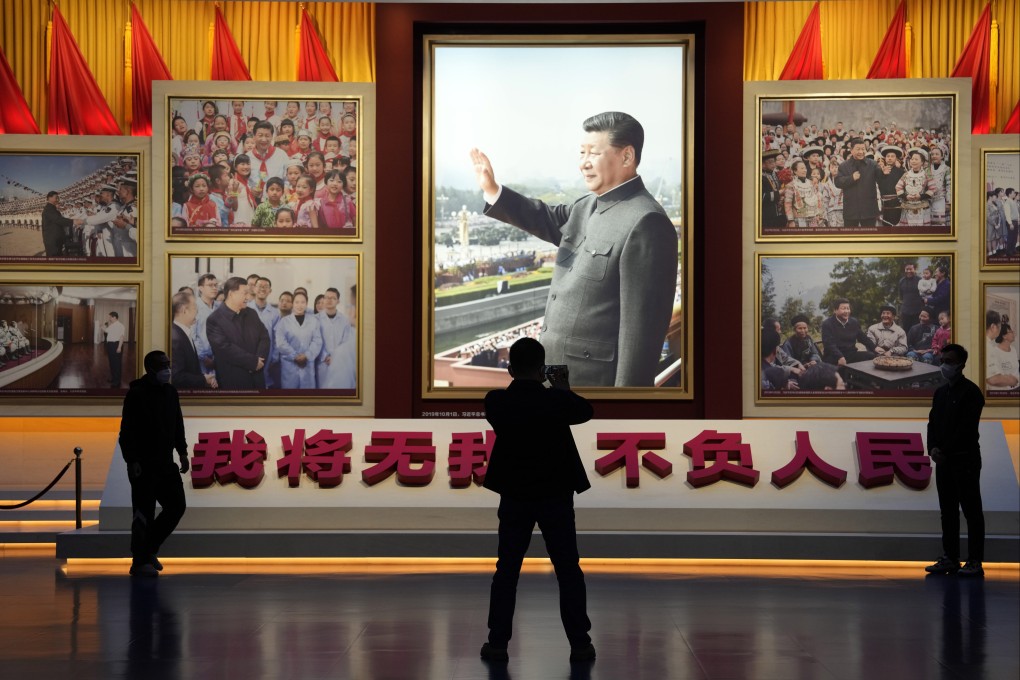Will Beijing’s new ‘umbrella law’ deepen uncertainty for foreign companies in China?
- The new Foreign Relations Law is Beijing’s latest legal weapon against sanctions, foreign interventions, and further consolidates party’s control
- But the legislation could mean external interactions based on political, not legal considerations, expert says

Beijing adopted new legislation overseeing the country’s foreign policy on Wednesday, its latest effort to expand a “legal toolbox” to counter sanctions and other perceived hostile Western actions amid concerns about its impact on foreign business operations in China.
With a particular focus on national security and countering alleged US-led “long arm” jurisdiction, the all-encompassing Foreign Relations Law is expected to help Beijing use domestic law to retaliate against sanctions and deter future provocations, according to observers.
But experts have also voiced concerns that the new law, aimed at further consolidating the Communist Party’s control over the country’s external interactions, could stiffen Beijing’s Cold War-style confrontation with Washington and make it harder for foreign companies to operate in China.
The law was adopted by the Standing Committee of the National People’s Congress, the country’s top legislature, according to Xinhua, after a draft had been released in December.
It came as Beijing has stepped up efforts in recent years to “strengthen legislation in the field of foreign affairs” and “use rule of law to carry out international struggle”, as President Xi Jinping put it in 2021, amid China’s deteriorating ties with the United States and its allies.